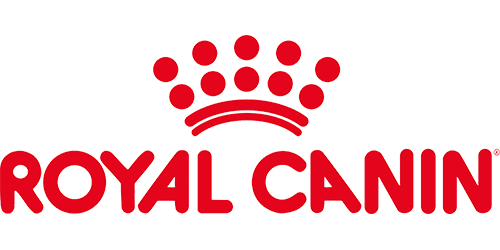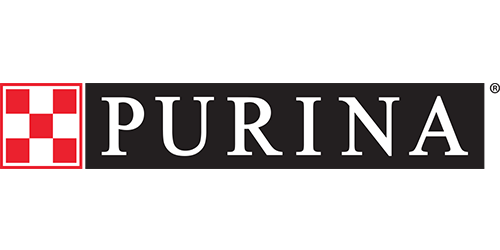Urinary problems can cause pain and complications
Your dog’s urinary system comprises the kidneys and bladder, which work together to process and eliminate waste. If your dog’s kidneys are failing, their system can’t get rid of these toxins, which can lead to urinary problems like infection or bladder stones.
Just like a person, your dog is susceptible to developing bladder stones when there is an excessive buildup of certain minerals in their urine. Urine pH and volume, genetics, and other factors also play a role in stone formation.
Dogs are more prone to bladder stones than kidney stones. Bladder stones can:
- Cause pain
- Cause bladder inflammation
- Open the door to urinary tract infection
- Obstruct the urinary tract
Your dog may develop different types of stones composed of minerals like:
- Struvite
- Calcium oxalate
- Urate
- Cystine
Your dog may also develop a bacterial urinary infection, which can cause pain in the lower urinary tract. This happens when bacteria make their way into the urethra and then enter the normally sterile bladder and colonize there.
It’s not uncommon for infection to lead to bladder stones, which can further complicate your dog’s condition and lead to other health problems.
Although urinary disorders can be caused by any number of underlying issues, veterinarians recognize certain contributing factors like:
- Age:
- Dogs age 2 to 10 are more prone to urinary problems.
- Sex:
- Urinary disorders are just as common in male and female dogs.
- But male dogs are at a higher risk of potentially life-threatening urethral obstructions from crystals or stones.
- Female dogs, on the other hand, are more prone to urinary tract infections.
- Breed:
- Small breeds are more susceptible to urinary problems than large breeds.
- Genetics:
- A number of breeds carry a gene mutation that affects how their body processes proteins, putting them at a higher risk of bladder stones.
- These breeds include Dalmatians and English bulldogs.
- Obesity:
- If your male pup has some paunch, it increases their risk of developing calcium oxalate stones.
- Obesity in female dogs makes them more susceptible to urinary tract infections.
- Water intake:
- Make sure your dog always has access to clean, fresh water and can go outside regularly to pee.
- If your dog isn’t a big drinker, opt for canned food because of the higher moisture content.
How can you tell if your dog has a urinary problem? Clinical signs may include:
- Difficulty urinating
- Going more than normal or not being able to go at all
- Incontinence or urinating only a few drops
- Cloudy or bloody urine
Urinary conditions can make your dog very uncomfortable and potentially lead to long-term health problems. So how do you keep your dog’s urinary system working well? Follow your veterinarian’s advice and feed Fido a special urinary care diet.



